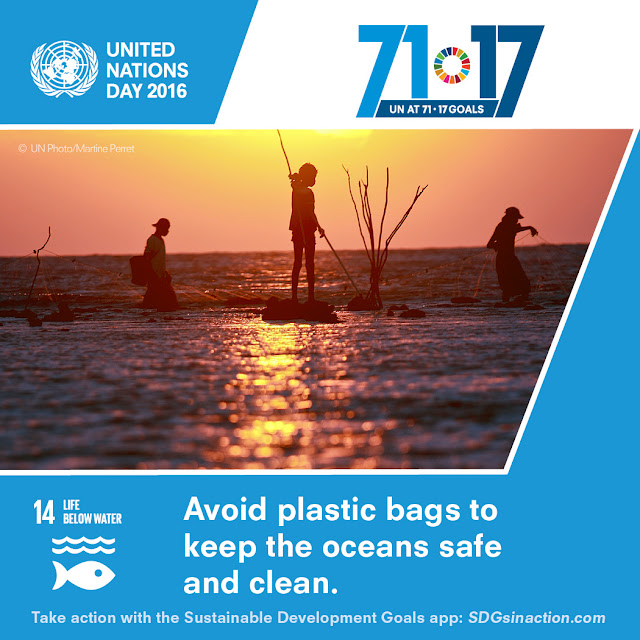With India ratifying the Paris agreement on Sunday, the project highlights the importance of micro-level, scalable initiatives to contribute to India's ambitious renewable energy target.
An Indian NGO, Swayam Shikshan Prayog, has bagged the UN climate award this year. The NGO, which trains women to become clean energy entrepreneurs across Maharashtra and Bihar, is one of the 13 projects to be recognised at the forthcoming UN climate summit in Marrakesh in November.
In an official release, the UNFCCC, the nodal UN climate body, has applauded this project for building a rural distribution network of 1,100 women entrepreneurs facilitating access to clean energy, water and sanitation products and services in several communities.
Prema Gopalan, co-founder of Swayam Shikshan Prayog, who has worked for ten years in the clean energy sector, told The Hindu that many of the women in her NGO hail from the Marathwada drought-hit areas and have attained a new identity as a result of their entrepreneurial work.
“They have learnt to be better community leaders. The initiatives they have undertaken are both sustainable and scalable,” she said. The NGO, founded in 1989 in Mumbai, has received financial support from the Maharashtra government, USAID, Miseorer, Europe, and CSR funds from HSBC and Alstom, till now.
With India ratifying the Paris agreement on Sunday, Ms. Gopalan highlighted the importance of micro-level, scalable initiatives such as these to help the rural population contribute to India’s ambitious renewable energy target. India’s Intended Nationally Determined Contributions (INDCs), submitted to the UNFCCC, speak of increasing share of renewable energy in India’s energy mix to 40 per cent by 2030.
“While the government only eyes big-ticket projects when it comes to renewable energy it should also look at the potential of reaching out to vast rural population through small initiatives such as these. It requires marrying the government’s livelihood missions with that of new and renewable energy,” Ms. Gopalan, who is also an Ashoka Fellow since 2003, said.
Beneficiaries
Improving the quality of living
Nita Tanwade, 36, one of the rural entrepreneurs who works with the NGO told The Hindu that over 2000 families in her village Sawargaon in Tuljapur taluka have purchased solar lights and cook stoves from her, helping the villagers improve their quality of living.
“For several hours in a day, people in my village suffered power cuts. Many couldn’t afford to get an electricity connection. An aged couple who lived in my neighbourhood often complained about having to eat and sleep in the dark at night and feeling unsafe due to lack of lighting, but after villagers pooled in Rs. 500 to install a solar light in their house, they were grateful to have it,” she said.
For those who cannot afford to buy the solar lamps, priced between Rs. 500 to 700 and the cook stoves that cost between Rs. 2500-3000, Ms. Tanwade said she sold it to them on credit and the villagers paid her back in monthly instalments they could afford.
The use of woodfire for cooking in rural areas has been identified as one of the primary causes of indoor air pollution, which contributes to global warming, and also causes respiratory illnesses. According to the International Energy Agency’s World Energy Outlook 2015, 67 per cent of the population in India depends on traditional biomass for cooking, which, in absolute numbers, works out to 841 million people in the population.
Ms. Gopalan said that the UN climate award is a global recognition for replicable models on clean energy that can help put an end to India’s biomass dependency. The UNFCCC release cites how through the promotion of clean cook stoves by women entrepreneurs, over 200,000 women and households now save almost 100 tonnes per day of fuel wood.
“Maharashtra has now started allowing women to even supply excess solar energy to the grid. If all Indian states adopt such enabling policies, India can soon become self-sufficient in energy, the clean way.”
http://m.thehindu.com/news/national/indian-ngo-bags-un-climate-award-for-clean-energy-project/article9176406.ece






















